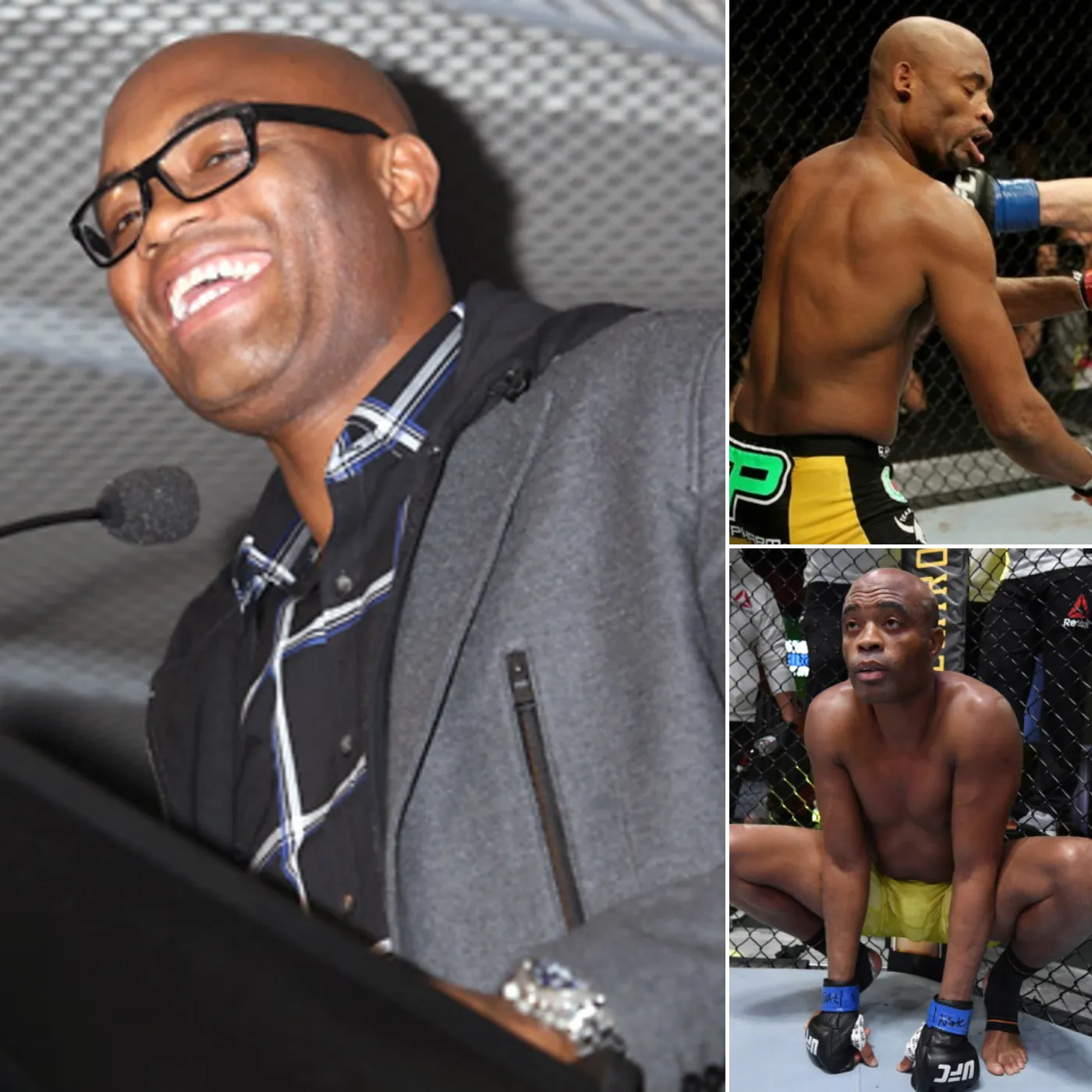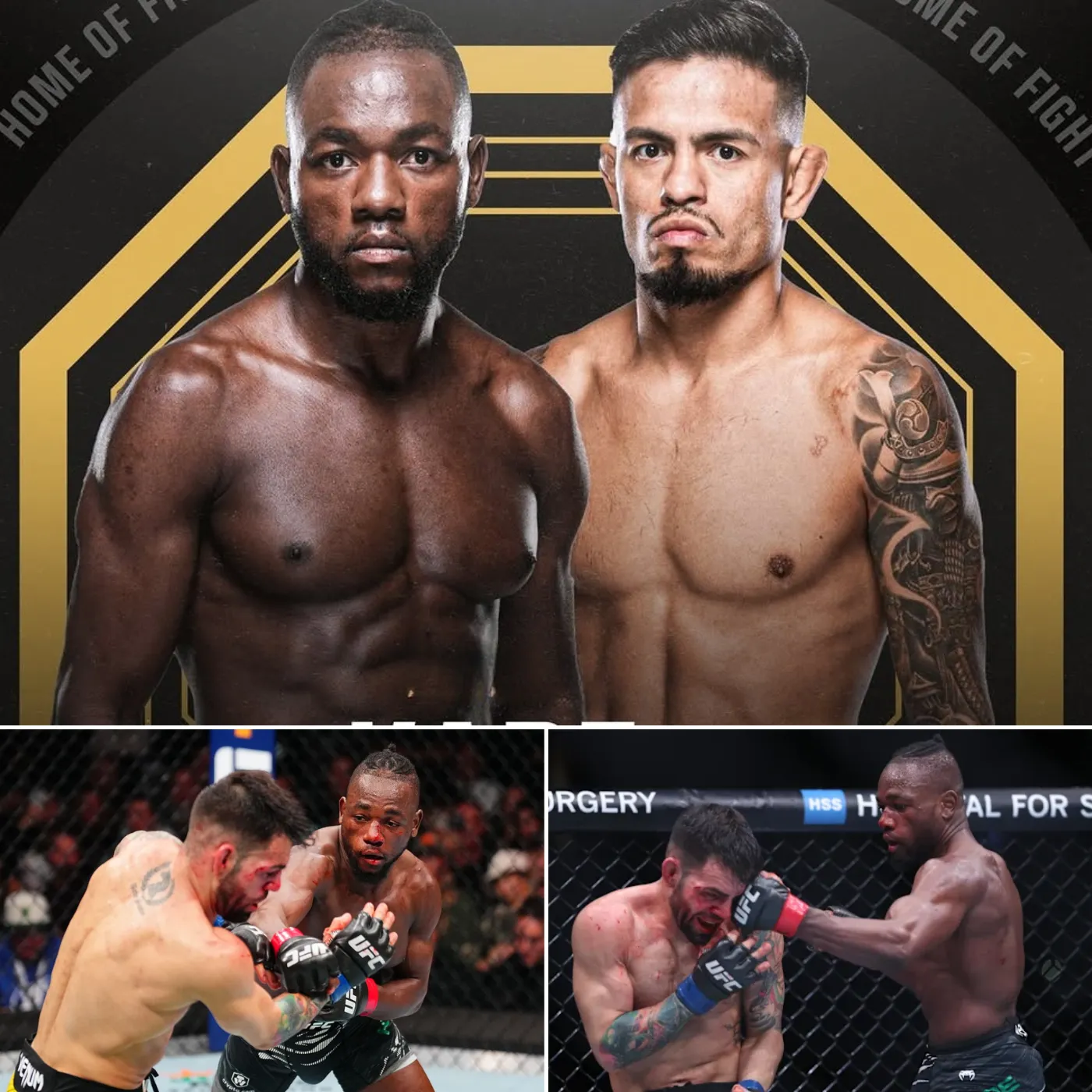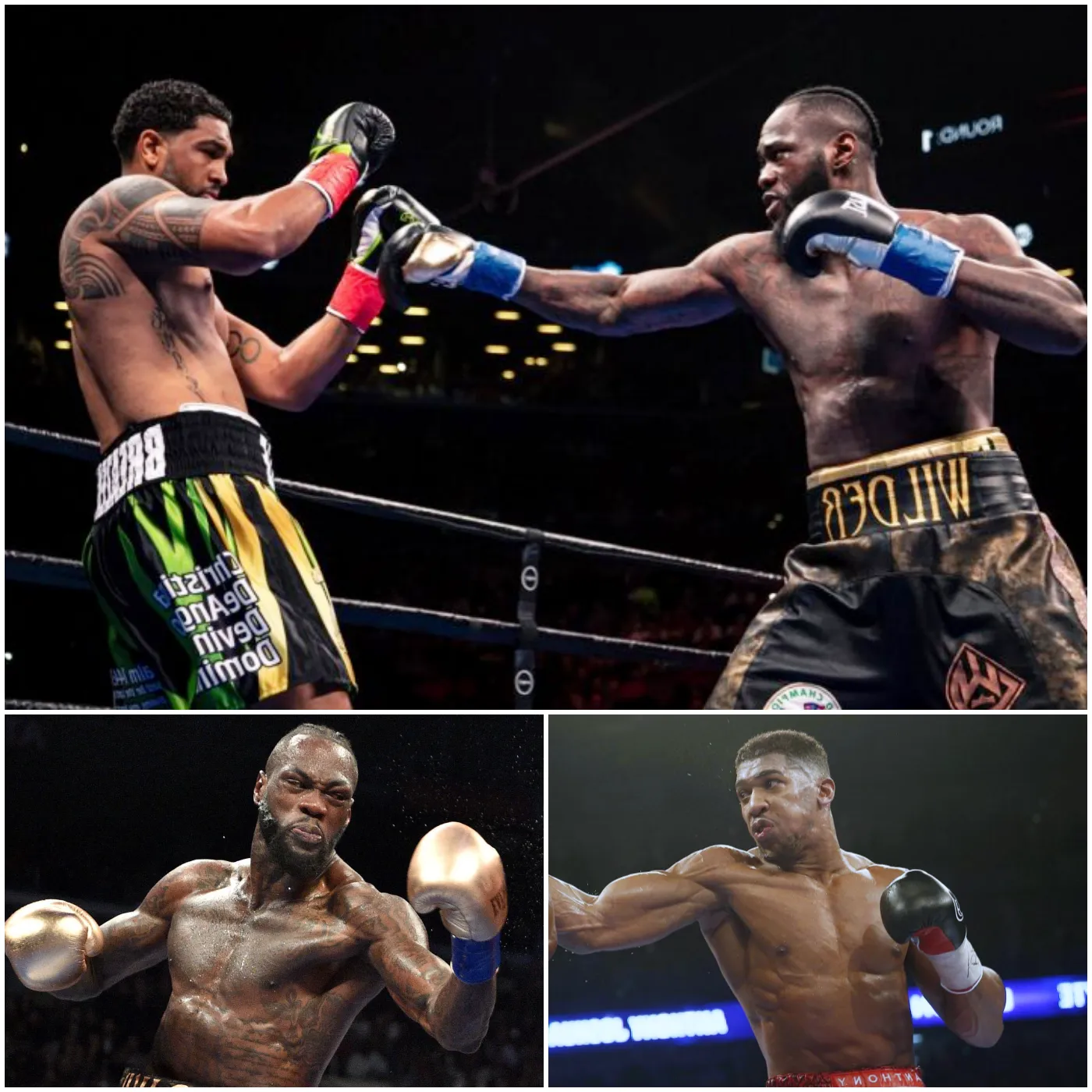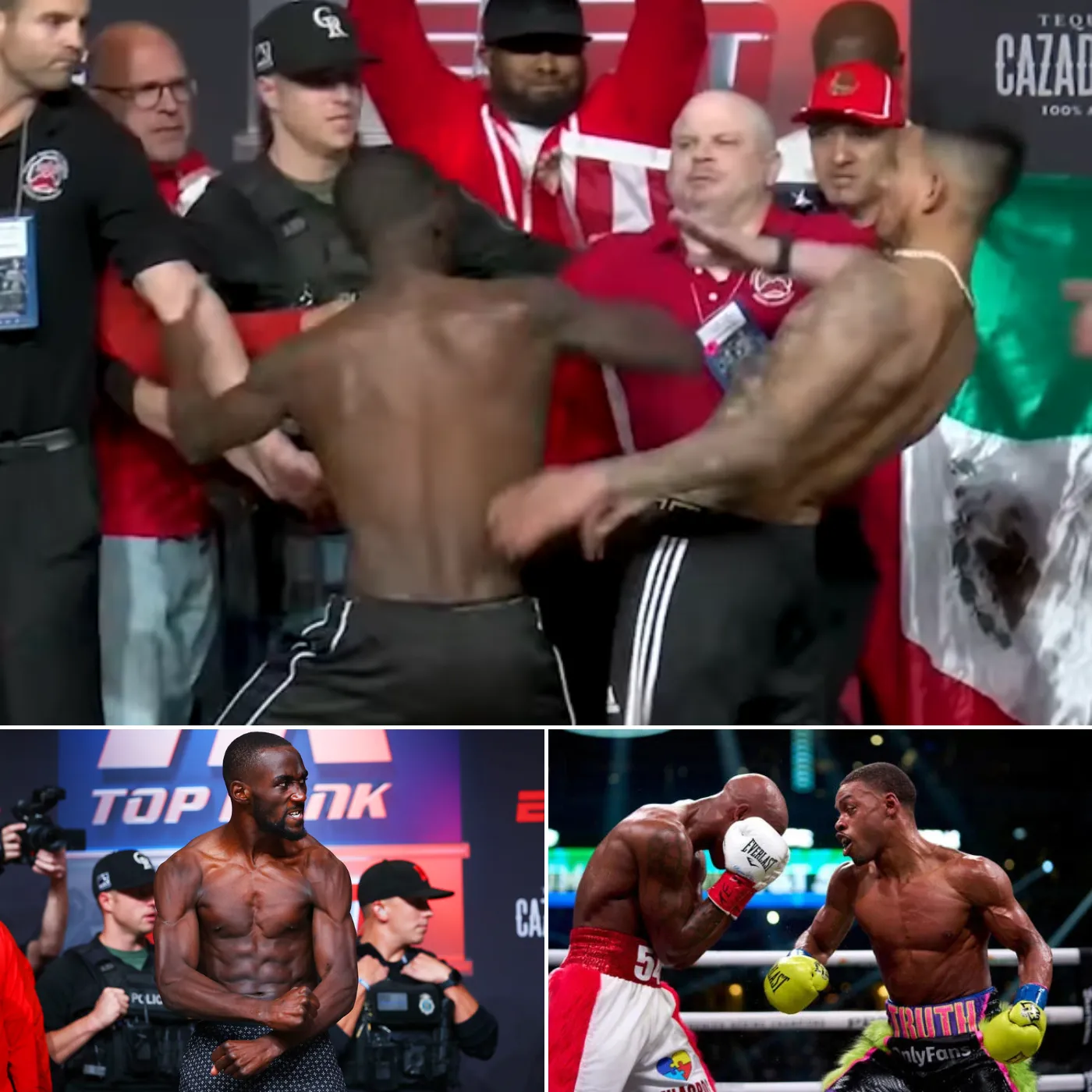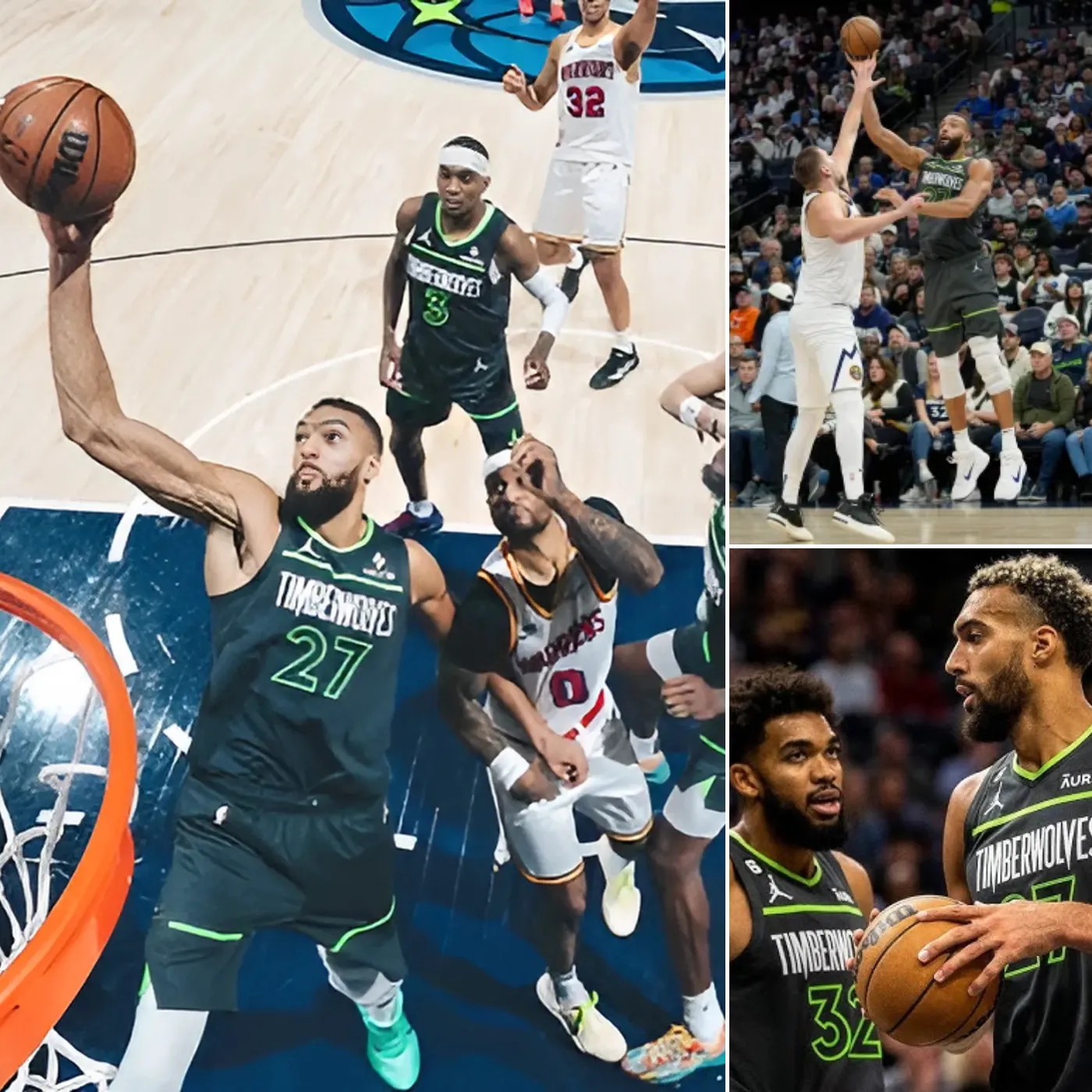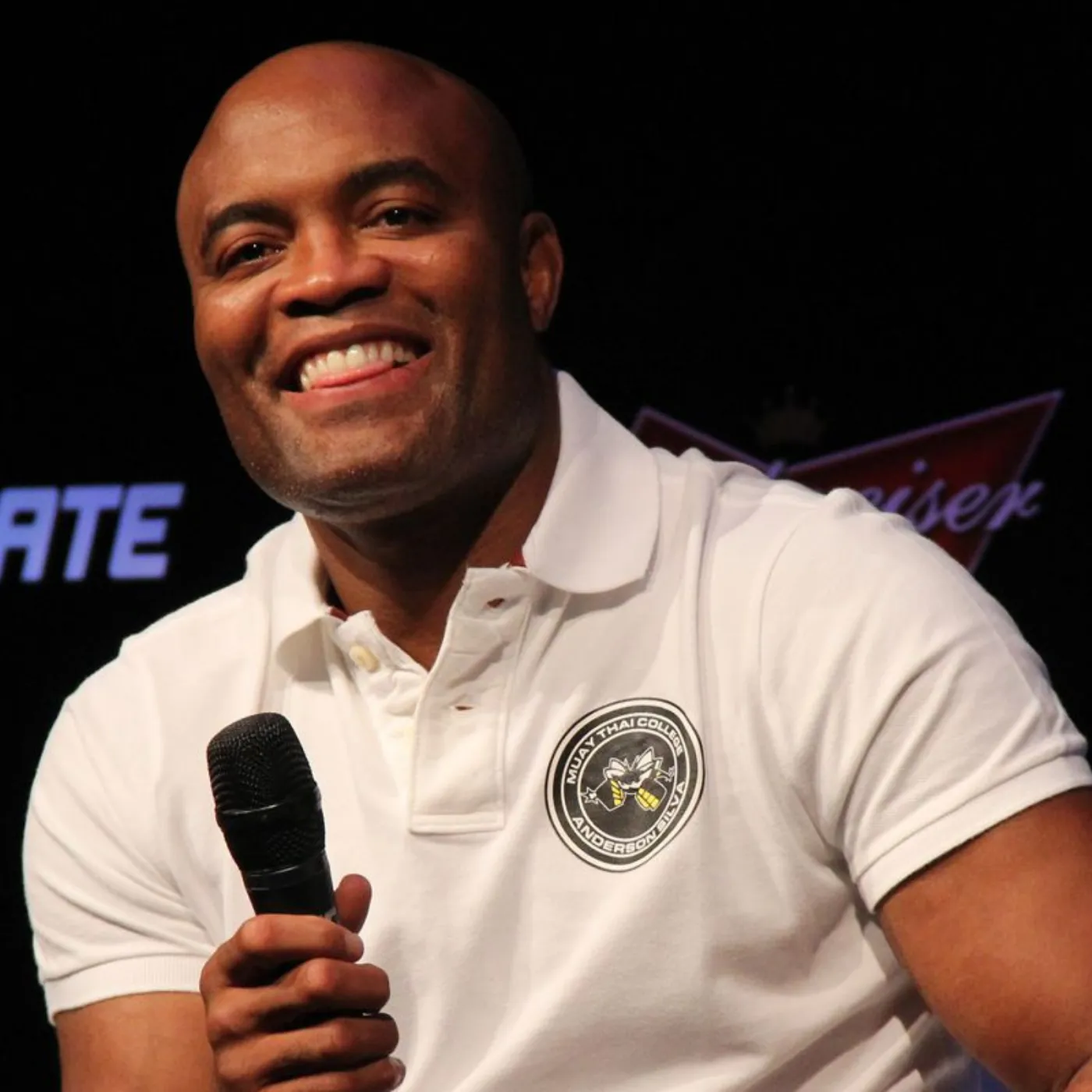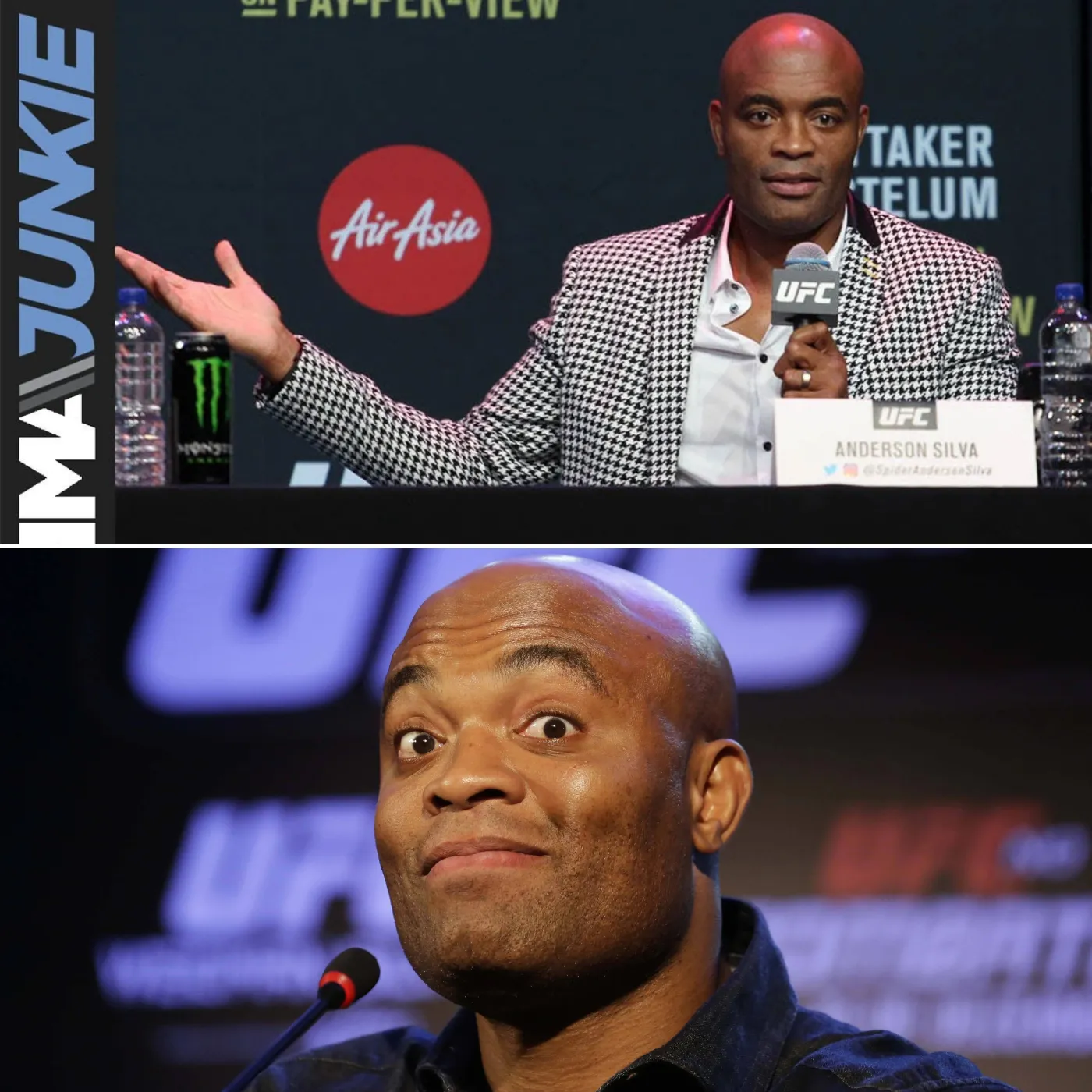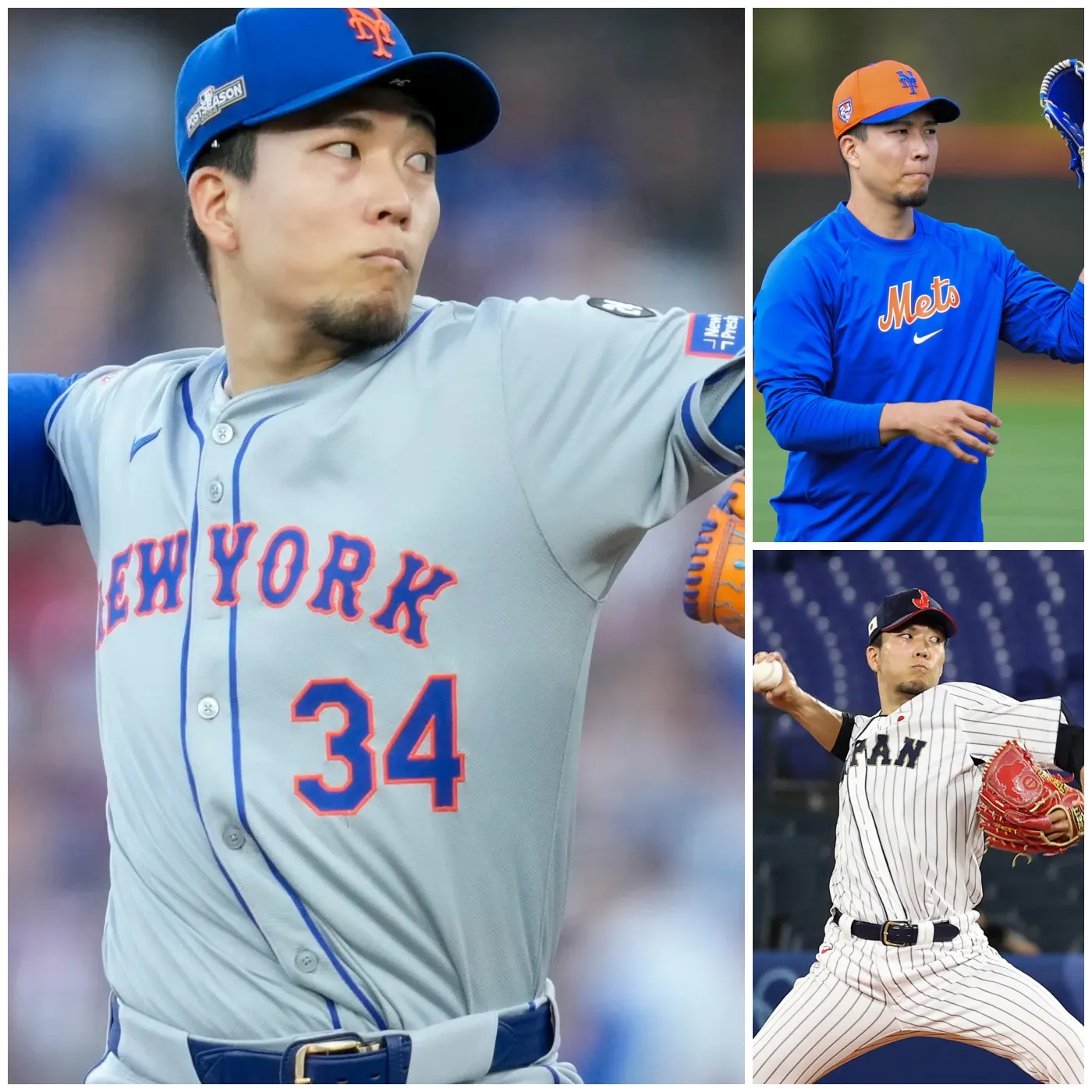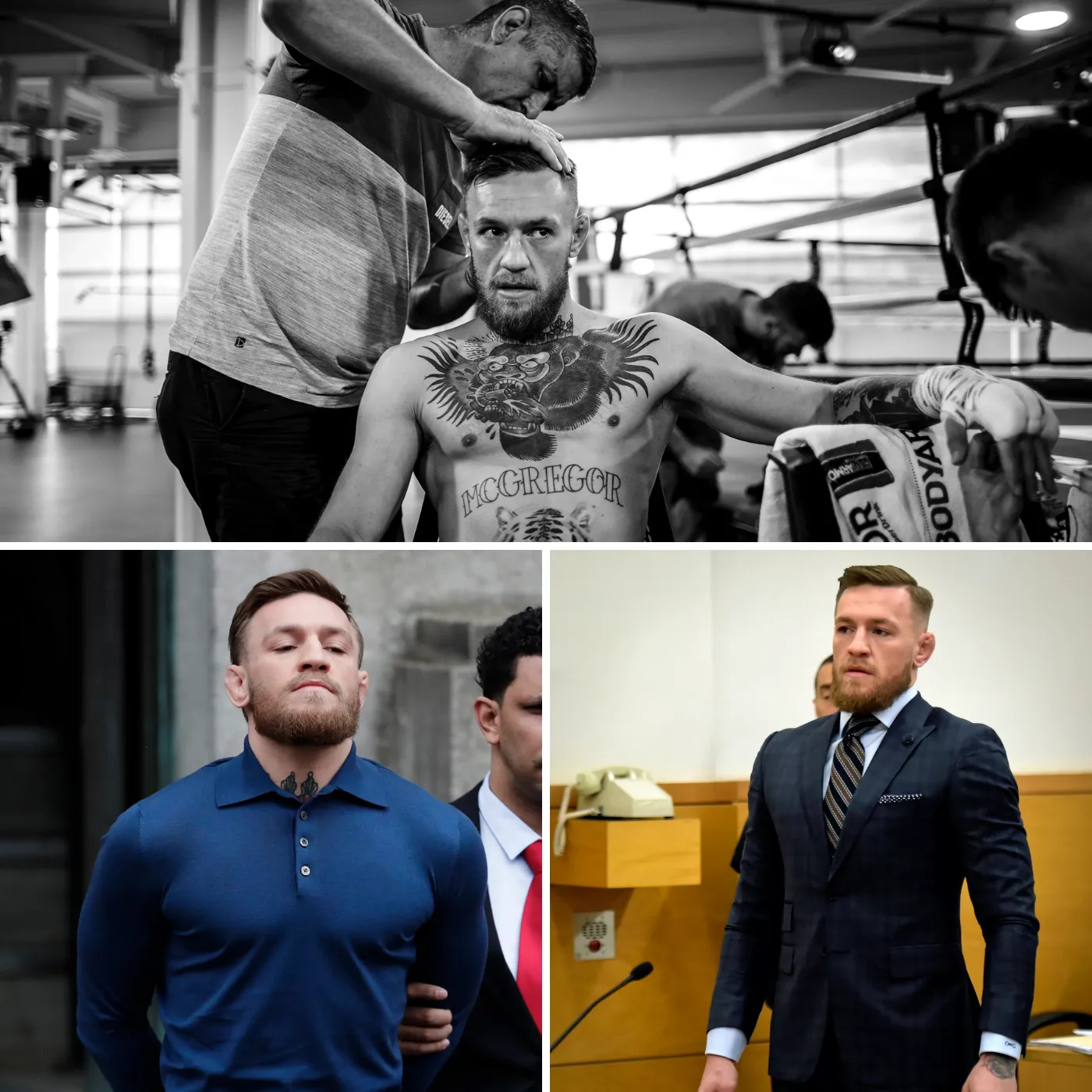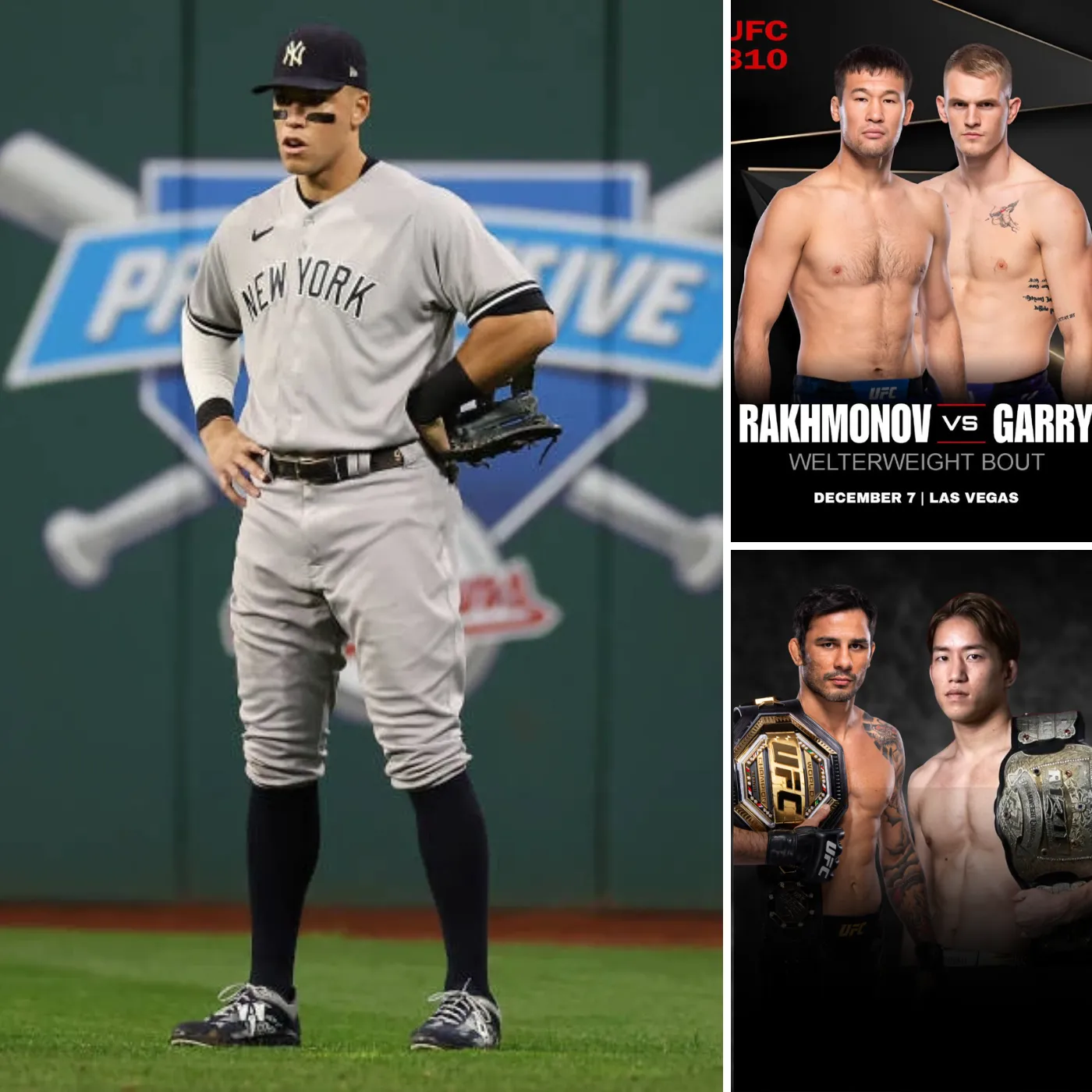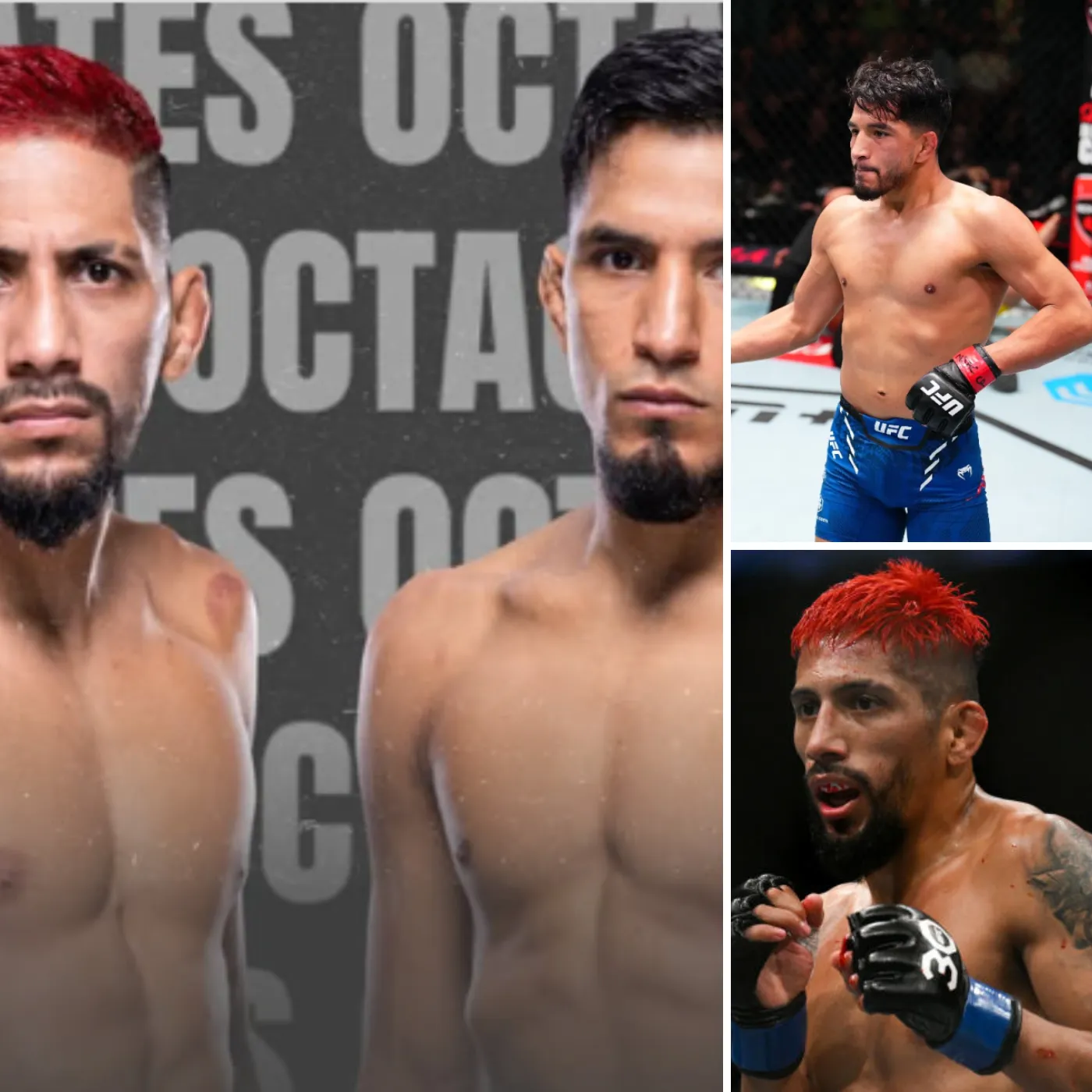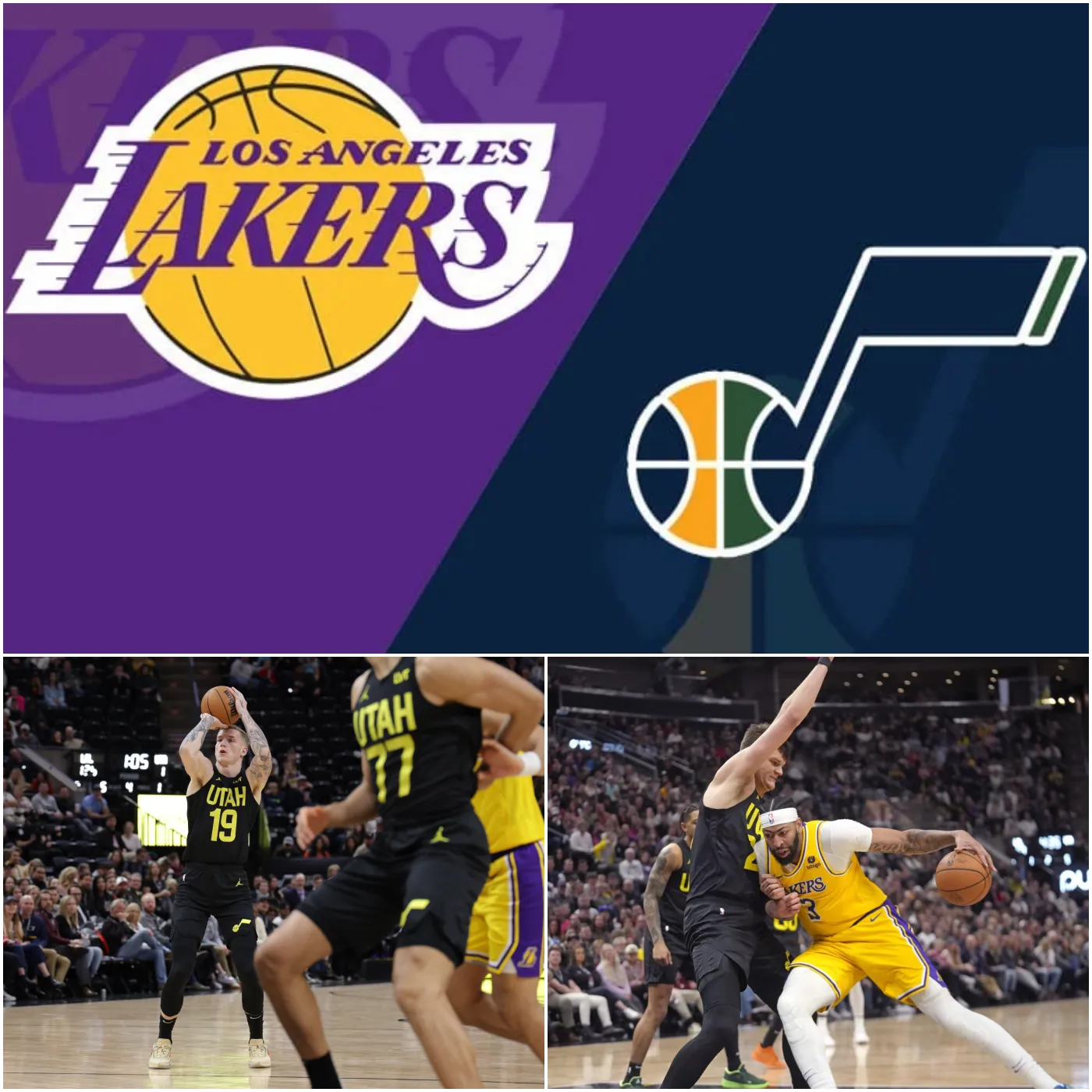Anderson Silva, the legendary former UFC middleweight champion, has sent shockwaves through the world of MMA with explosive claims about the UFC’s behind-the-scenes tactics. In a recent interview, Silva suggested that the organization has, at times, encouraged fighters to employ questionable or outright dirty strategies in the octagon. These revelations have left fans and fighters alike questioning the integrity of some of MMA’s most celebrated athletes—and wondering if their favorite fighter might be part of the story.
The Spider Speaks Out
Known for his grace, precision, and creativity in the octagon, Anderson Silva’s career was built on skill rather than shortcuts. However, Silva has now revealed that not all fighters are held to the same standard. According to the former champion, some competitors were allegedly taught or encouraged by the UFC to exploit loopholes in the rules, push the boundaries of sportsmanship, and even engage in underhanded tactics to secure victories.
“These are not things you learn in training camps,” Silva stated. “These are calculated moves, things that are taught, suggested, or encouraged behind closed doors.” While Silva declined to name specific fighters, he hinted that some of the sport’s biggest names may have benefited from such tactics.
What Are These Dirty Tricks?
Silva’s claims highlight a range of behaviors that, while technically within the rules, challenge the spirit of fair competition. Among these alleged tactics are eye pokes, which are subtle yet devastating moves that can temporarily blind an opponent and are often disguised as accidental. Cage grabs also come into play, with fighters preventing takedowns by grabbing the fence, a move that can completely shift the momentum of a fight. Another controversial tactic is the use of illegal strikes “overlooked” by referees, such as groin shots or blows to the back of the head, often dismissed as unintentional errors. Feigning injuries is another practice Silva alluded to, where fighters fake a foul to gain time for recovery or to manipulate the referee’s decisions. Lastly, trash talk and psychological manipulation, while not illegal, are allegedly encouraged to provoke emotional responses from opponents, leading to mistakes in the octagon.
Silva suggested that these behaviors are not always organic but may be part of a larger strategy influenced by the UFC itself, whether through direct coaching or by fostering a culture that rewards pushing the boundaries of sportsmanship.
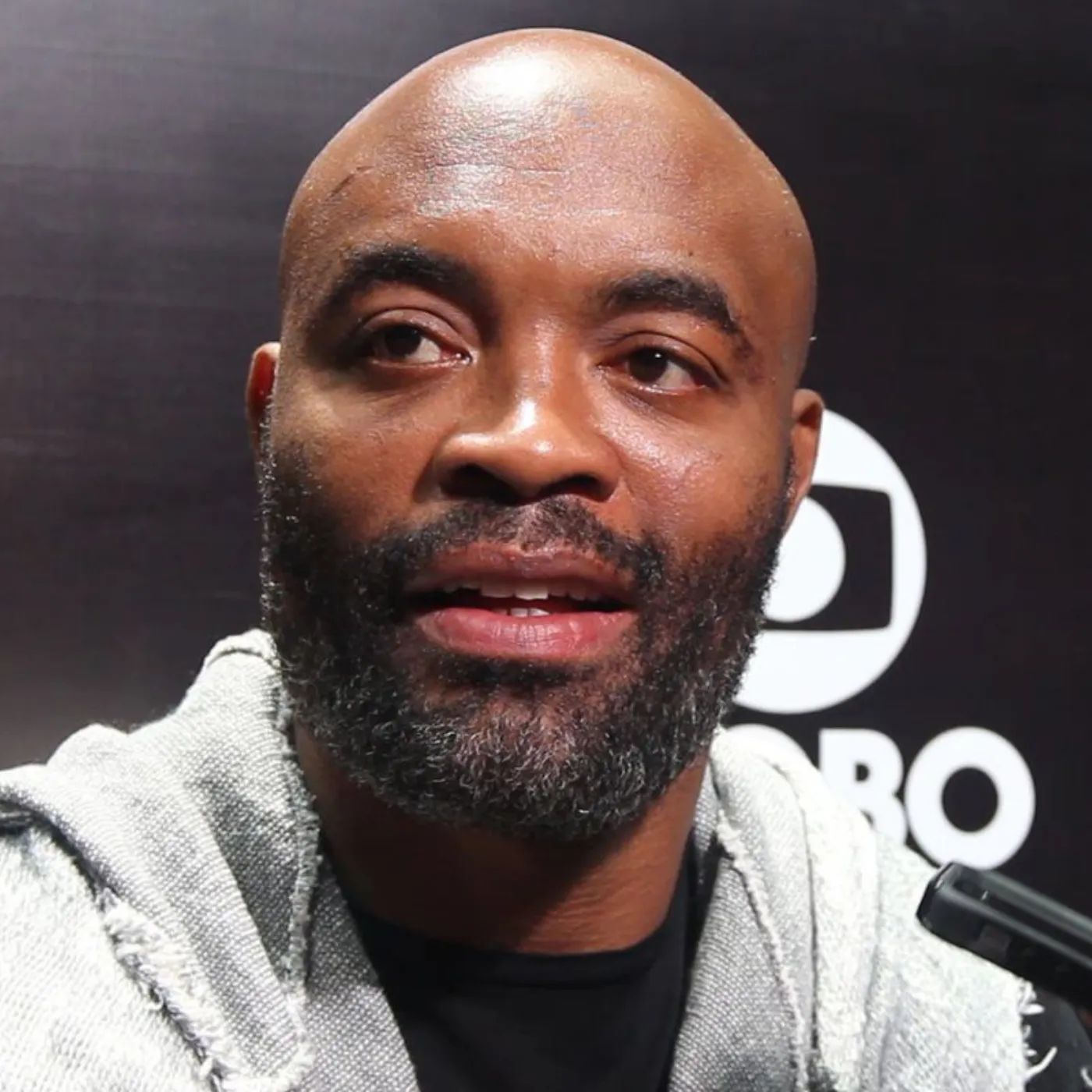
Could your favorite fighter be guilty?
This revelation has raised an uncomfortable question: How many fighters have relied on these tricks to build their careers? For fans, the idea that their favorite athletes might have engaged in such behavior is difficult to stomach. Silva’s claims suggest that even the most respected champions might have resorted to questionable tactics at some point in their careers.
While some fans argue that fighters must do whatever it takes to win in such a brutal sport, others see these tactics as a stain on the integrity of MMA. “If it’s true, it changes everything,” one fan commented online. “How can we celebrate these wins if they weren’t earned fairly?”
UFC’s Response: Silence or Denial?
As of now, the UFC has not publicly addressed Silva’s allegations, but the silence speaks volumes. Critics argue that the organization’s business model prioritizes entertainment and profits over the purity of competition. By encouraging fighters to push boundaries, the UFC creates more dramatic fights, controversial outcomes, and headlines that drive pay-per-view sales.
Dana White, the UFC president, has often dismissed criticism of the organization’s practices, but Silva’s status as a legend of the sport makes these claims harder to ignore. If the UFC does respond, it will likely deny any wrongdoing and chalk up Silva’s statements to bitterness or misunderstanding.
A Tarnished Legacy for Fighters and the UFC
Silva’s accusations have the potential to damage the legacies of many fighters, especially those who have built their careers on controversial or polarizing wins. If proven true, these revelations could lead to calls for a deeper investigation into the UFC’s practices and the conduct of its athletes.
For Silva, this is about more than calling out bad behavior. It’s about protecting the future of the sport he helped elevate to global prominence. “I want MMA to be about skill, discipline, and respect,” Silva said. “Not about tricks and shortcuts.”
A Scandal Waiting to Unfold?
Anderson Silva’s claims have opened Pandora’s box, forcing fans, fighters, and the UFC to confront uncomfortable questions about the sport’s integrity. While it’s too soon to say how far-reaching these allegations might be, one thing is clear: the MMA world is watching closely.
Whether the UFC addresses these accusations or sweeps them under the rug, Silva’s words will linger, casting a shadow over the sport’s brightest moments and biggest stars. As fans debate the implications, one question looms large: How much of what we see in the octagon is real—and how much is just a well-orchestrated illusion?
